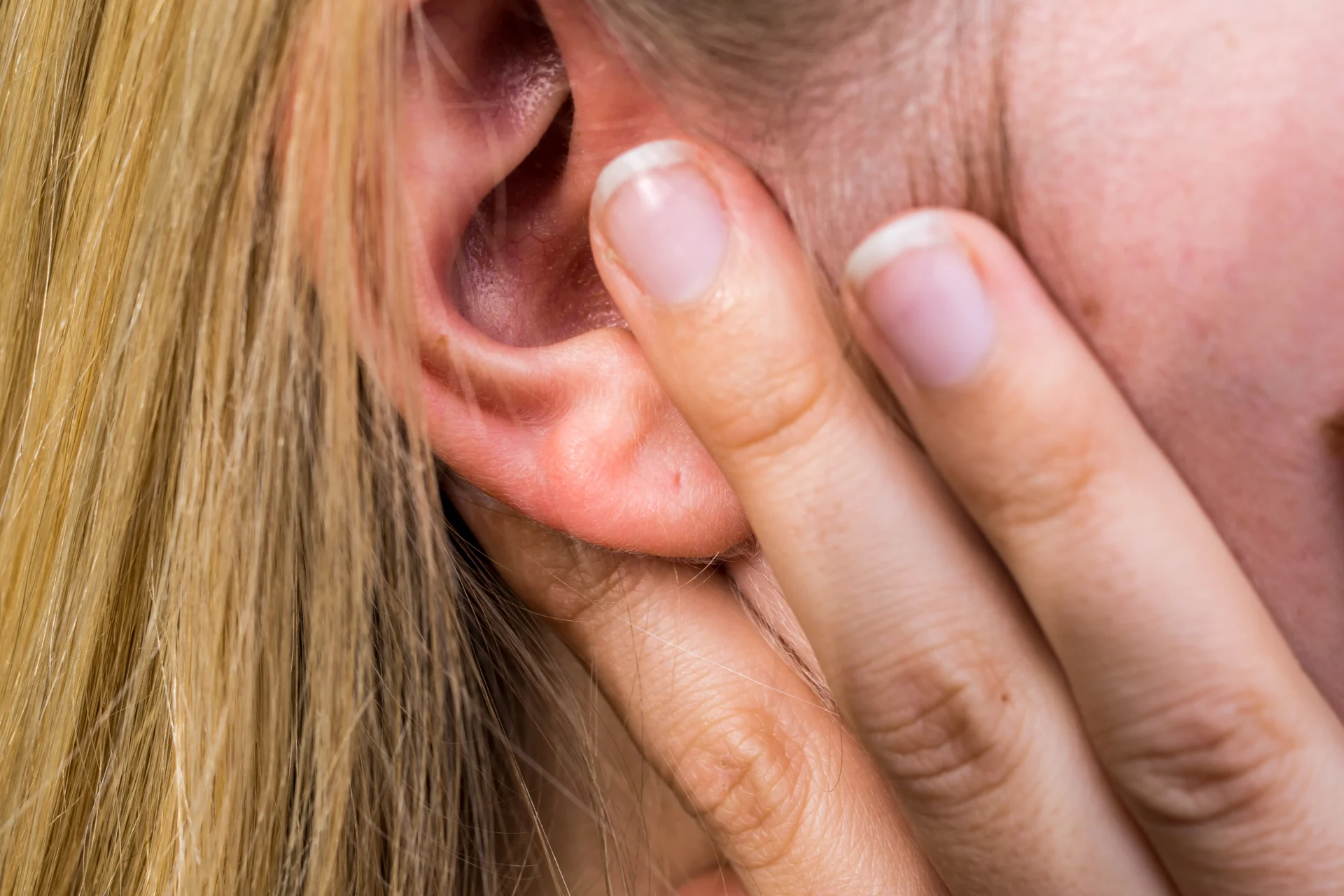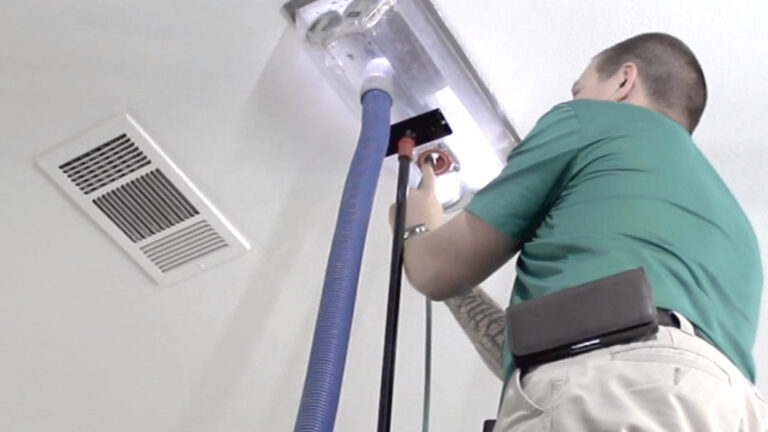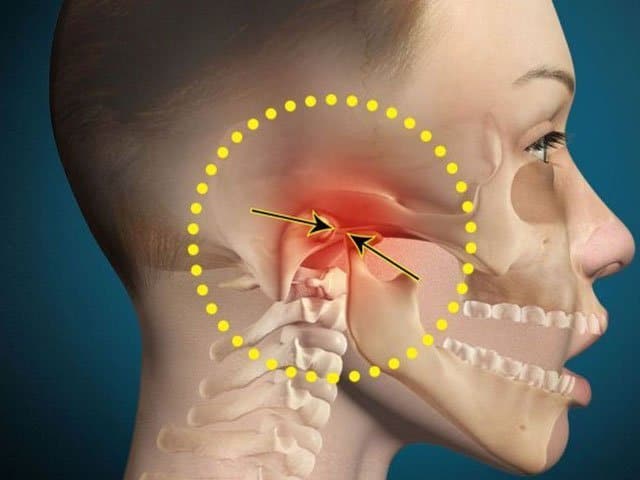Understanding the Causes and Remedies for Blocked Nose and Ears
A blocked nose or ears can be an uncomfortable and sometimes alarming experience. These issues often interfere with breathing, hearing, and even overall concentration. While they may appear minor at first, recurring or persistent blockages could indicate an underlying condition that requires closer attention.
Why Blocked Nose and Ears Happen
Many people search for solutions when experiencing Blocked Nose And Ears, as these symptoms can affect daily life significantly. Both the nose and ears are part of the upper respiratory system and are closely connected through the Eustachian tube, which explains why problems in one area often affect the other. Blockages may result from temporary causes such as infections or allergies, but they can also point to chronic conditions that need medical management.
Common Causes of a Blocked Nose
Allergies
Allergic reactions to pollen, dust, or pet dander often lead to nasal congestion. This occurs when the immune system responds to allergens by producing excess mucus and inflaming the nasal passages.
Sinus Infections
Sinusitis can cause swelling in the sinus cavities, leading to pressure, facial pain, and nasal blockages. Chronic sinusitis may require more advanced treatments.
Nasal Polyps
These soft, non-cancerous growths can obstruct airflow and make breathing difficult. They are often linked with long-term inflammation.
Deviated Septum
A misaligned nasal septum can make one nostril consistently feel blocked, especially during colds or allergy flare-ups.
Common Causes of Blocked Ears
Earwax Buildup
One of the simplest and most frequent reasons for ear blockage is impacted wax. While often harmless, excessive buildup can impair hearing and cause discomfort.
Middle Ear Infections
Infections lead to fluid accumulation behind the eardrum, resulting in pain, pressure, and reduced hearing.
Eustachian Tube Dysfunction
The Eustachian tube helps regulate pressure between the middle ear and throat. If it becomes blocked due to allergies, infections, or altitude changes, the ears may feel clogged.
Foreign Objects
In children especially, small objects can become lodged in the ear canal, causing blockage and irritation.
How Blocked Nose and Ears Are Connected
The ears, nose, and throat are part of one interconnected system. When nasal congestion increases pressure in the sinuses, it can extend to the Eustachian tubes and cause ear blockages. This explains why colds, flu, and sinus infections often result in both symptoms occurring together.
Symptoms to Watch For
While mild blockages often resolve naturally, certain symptoms may signal a need for medical attention:
- Persistent hearing loss or muffled sounds
- Pain in the ears or face
- Recurring sinus or ear infections
- Dizziness or balance issues
- Unexplained nosebleeds
- Snoring or sleep disturbances due to nasal obstruction
At-Home Relief for Blocked Nose and Ears
Steam Inhalation
Breathing in warm steam helps thin mucus and relieve nasal congestion while reducing pressure in the ears.
Saline Sprays
Saline nasal rinses cleanse the nasal passages, clearing allergens and reducing swelling.
Hydration
Drinking plenty of fluids keeps mucus thin, making it easier for the body to expel.
Warm Compresses
Applying a warm cloth to the face can ease sinus pressure and help open nasal passages.
Gentle Ear Cleaning
Avoid cotton swabs, but consider safe ear drops for softening wax. If the blockage persists, professional cleaning may be necessary.
Medical Treatments for Persistent Blockages
Medications
Antihistamines, decongestants, or nasal corticosteroid sprays can help manage allergies and inflammation.
Ear Procedures
For severe earwax buildup or chronic infections, specialists may perform minor procedures to clear blockages.
Sinus Treatments
Chronic sinusitis may require advanced procedures, such as balloon sinuplasty or endoscopic surgery, to restore normal drainage.
Corrective Surgery
Conditions like a deviated septum or large nasal polyps sometimes require surgical intervention for lasting relief.
Preventing Blocked Nose and Ears
Manage Allergies
Regular allergy testing and treatment plans reduce the frequency of nasal congestion.
Protect Ears from Loud Noise
Excessive sound exposure can damage hearing and worsen existing ear issues.
Avoid Smoking and Polluted Environments
Irritants in smoke and polluted air inflame nasal passages and sinuses, increasing the likelihood of blockages.
Practice Good Hygiene
Frequent handwashing and avoiding close contact during flu season can reduce infections that lead to congestion.
When to Seek Professional Help
Consult a specialist if blockages occur repeatedly or do not improve with basic care. This is especially important for children, as untreated ENT issues can affect speech, learning, and development. Adults should also be cautious of persistent symptoms, as these could point to chronic sinus disease or more serious underlying conditions.
Conclusion
A blocked nose or ears can seem like a minor inconvenience, but the discomfort and health risks associated with recurring or chronic blockages should not be underestimated. Understanding the common causes, preventive strategies, and treatment options empowers individuals to take better care of their ENT health. With timely care and simple lifestyle adjustments, most cases can be managed effectively, restoring comfort and overall well-being.






